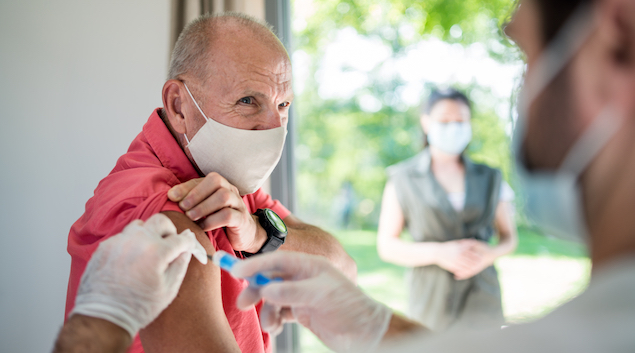The United States government estimated that 130 people die daily from opioid-related overdoses, and 10.3 million people misused prescription painkillers last year, and after separate litigations, settlements have been promised by pharmaceutical companies involved in the opioid crisis, the medical sector says what they are giving will no go as far.
Two Ohio counties will get a three-year supply of a medication combatting opioid dependency under an opioid litigation settlement reached this week. Furthermore, Israel-based pharma Teva is also proposing a settlement deal where it would cover a ten-year national supply of the same drug.
Teva was poised to go to trial in Ohio federal court alongside drug distributors AmerisourceBerge, Cardinal Health, and McKesson and the pharmacy-chain Walgreens, but the lawsuit was averted by a last-minute deal. Teva promised $48 billion to end the multitude of cases, which is enough to procure a 10-year national supply of the Suboxone.
On Monday, a three year supply of Suboxone, a drug combatting opioid dependency, to two Ohio counties was promised part of a $260 million settlement that drug distributors and the drugmaker to avoid a closely-watched trial over the companies’ alleged responsibility for the opioid crisis.
Most drug companies are now preventing trials after an Oklahoma judge ruled against Johnson & Johnson over its involvement in the opioid crisis. The company was fined $572 million.
Calling the opioid crisis an “imminent danger and menace,” District Judge Thad Balkman said, “the state met its burden that the defendants Janssen and Johnson & Johnson’s misleading marketing and promotion of opioids created a nuisance as defined by [the law],” highlighting that the opioid crisis has put the health of Oklahomans at risk.
“Specifically, defendants caused an opioid crisis that’s evidenced by increased rates of addiction, overdose deaths, and neonatal abstinence syndrome,” he added.
The fine that is to be paid by the company will be used by the state to fight against the effects of the opioid crisis for the first year. While the attorney general’s office has presented several expert witnesses that the rehabilitation program would be more likely to take more than 20 years, the court disagreed and said that there is no enough evidence to back this claim.











